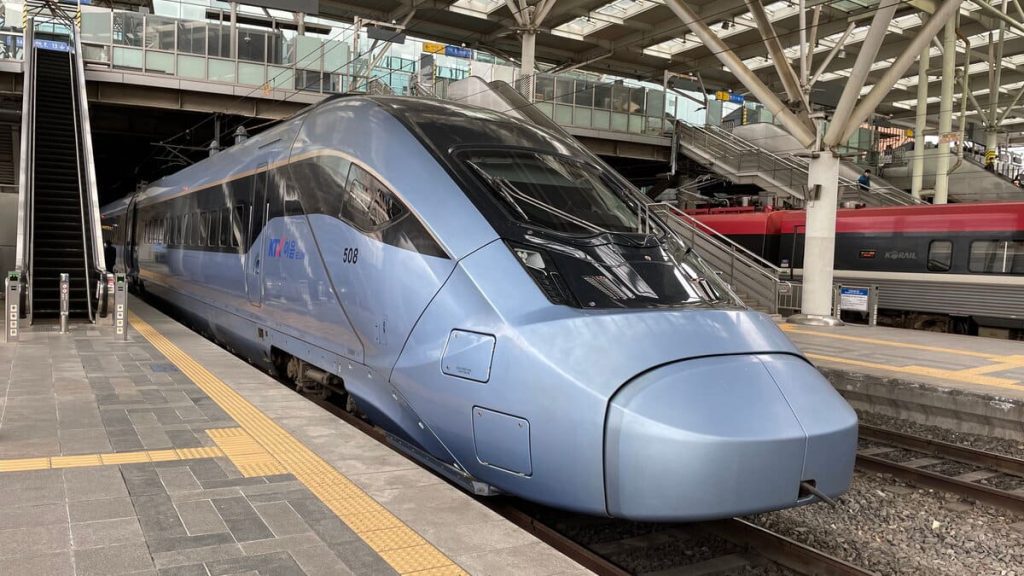
Quebec has many lessons to learn from the mobility experience of Seoul and South Korea, champions of public transportation development, from which its citizens reap many benefits.
For example, South Korea has long understood that the best way to develop public transportation is through planning and continuous investment in new phases.
It's the exact opposite of what we do in Quebec.
In Quebec, we cannot even begin the first phase of the structuring network that the CAQ government has suspended. Of Canada's cities of 500,000 or more inhabitants, Quebec is the only one that has not yet acquired the massive network necessary for the development of its territory and its economic power.
Then, while we were postponing the first phase, we talked very little about the second phase.
However, this continuous planning is essential to encourage the support of citizens living outside the first phase of the network.
If they are not concerned, these citizens will struggle to join a project confined to a central backbone in the most congested sectors.
- Listen to political columnist Karin Gagnon's column on JDM and JDQ QUB :
Catastrophic results
In Montreal, additions to the metro network continue to face obstacles. The extension of the Blue Line is subject to constant additional delays and the CAQ government has suspended consultations on the Pink Line.
The eastern REM project was abandoned as an extension of the REM to Chambly, Saint-Jean-sur-Richelieu and Laval (Metro and REM in the second case).
Municipalities can't even afford their own buses because of scarce resources from the Quebec government.
The results have been so catastrophic that this winter nearly fifty mayors in Quebec demanded a national priority for public transit.
Several organizations dedicated to protecting public transit spoke out in February about the disastrous record and broken promises from the CAQ.
- Listen to political columnist Karin Gagnon's column on JDM and JDQ QUB :
No skill
The result of this inaction and this delay is that Quebec has not developed the expertise and the rare projects carried out here cost far more than many other places in Europe where this expertise has been acquired.
In South Korea, GDP per capita is similar to that of Quebec. But compared to this indicator we have invested more than double in research and development.
Public decision-makers have long understood that having the courage to invest in research and development, particularly in the transportation sector, can pay off big.
It certainly takes courage to make such choices, but politicians are responsible for these decisions.
Today Korea stands not only as a public transportation paradise that contributes greatly to the quality of life of its inhabitants, but also as a world leader.
When we look at the delay that Quebec has been taking since the CAQ came into power, this is troubling.





More Stories
Sportswear: Lolle acquires Louis Garneau Sports
REM is still innovative enough to foot the bill
A trip to the restaurant with no regrets for these customers